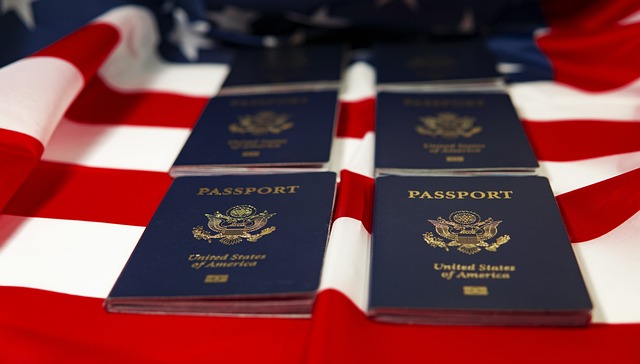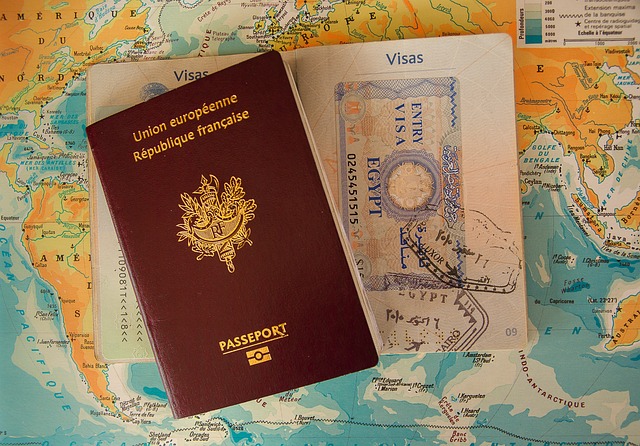Benefits of Swiss Citizenship: Passport and Rights

Swiss citizenship is highly sought after due to the numerous benefits it offers, including a powerful passport, political rights, and access to a high standard of living. Switzerland is renowned for its political stability, robust economy, and exceptional quality of life, making it an attractive destination for individuals seeking to become citizens. This article explores the key benefits of Swiss citizenship, including the rights and privileges it confers, as well as the advantages of holding a Swiss passport.
1. The Swiss Passport: A Gateway to the World
1.1 Visa-Free Travel
The Swiss passport is one of the most powerful in the world, offering visa-free or visa-on-arrival access to over 180 countries, including the European Union (EU), the United States, Canada, and Japan. This makes it an invaluable asset for frequent travelers and business professionals.
1.2 Ease of Travel within Europe
As a Swiss citizen, you can travel freely within the Schengen Area, which includes 26 European countries. This eliminates the need for border checks and simplifies travel across the continent.
1.3 Consular Protection
Swiss citizens have access to consular assistance from Swiss embassies and consulates worldwide. This can be crucial in emergencies, such as natural disasters, political unrest, or legal issues abroad.
2. Political Rights and Participation
2.1 Right to Vote and Stand for Election
Swiss citizens have the right to vote in federal, cantonal, and municipal elections. They can also stand for public office, including positions in the Swiss Federal Assembly (parliament) and local government.
2.2 Participation in Direct Democracy
Switzerland is known for its system of direct democracy, which allows citizens to influence government decisions through referendums and initiatives. As a Swiss citizen, you can propose new laws, challenge existing legislation, and vote on important issues.
2.3 Political Stability
Switzerland’s long-standing tradition of political neutrality and stability ensures that citizens enjoy a secure and predictable political environment.
3. Economic and Social Benefits
3.1 Access to the Job Market
Swiss citizens have unrestricted access to the job market and can work in any profession or industry without needing a work permit. This provides greater career opportunities and job security.
3.2 Social Security and Welfare
Swiss citizens are entitled to a comprehensive social security system, including healthcare, pensions, unemployment benefits, and family allowances. The Swiss healthcare system is one of the best in the world, offering high-quality medical care.
3.3 Education and Research Opportunities
Switzerland is home to world-class educational institutions, such as ETH Zurich and EPFL. Swiss citizens have access to affordable and high-quality education, from primary school to university.
3.4 High Standard of Living
Switzerland consistently ranks among the top countries for quality of life, with excellent infrastructure, low crime rates, and a clean environment. Swiss citizens enjoy a high standard of living and access to a wide range of cultural and recreational activities.
4. Family and Generational Benefits
4.1 Family Reunification
Swiss citizens can sponsor family members for residency in Switzerland, making it easier to reunite with loved ones. This includes spouses, children, and dependent relatives.
4.2 Dual Citizenship
Switzerland allows dual citizenship, meaning you can retain your original nationality while becoming a Swiss citizen. This provides flexibility and allows you to enjoy the benefits of both nationalities.
4.3 Inheritance and Property Rights
Swiss citizens have the right to own property and inherit assets in Switzerland without restrictions. This can be particularly advantageous for individuals looking to invest in Swiss real estate.
5. Cultural and Personal Benefits
5.1 Cultural Integration
Becoming a Swiss citizen allows you to fully integrate into Swiss society and participate in its rich cultural traditions. Switzerland’s multicultural environment fosters a sense of belonging and community.
5.2 Sense of Belonging
Swiss citizenship provides a sense of identity and belonging, particularly for individuals who have lived in Switzerland for many years and consider it their home.
5.3 Global Reputation
Swiss citizenship carries a strong global reputation for excellence, reliability, and integrity. This can enhance your personal and professional standing on the international stage.
6. How to Obtain Swiss Citizenship
6.1 Naturalization
The most common path to Swiss citizenship is through naturalization, which requires:
- Residency: At least 10 years of continuous residence in Switzerland (5 years for spouses of Swiss citizens).
- Integration: Proficiency in one of Switzerland’s official languages (German, French, Italian, or Romansh) and knowledge of Swiss culture, history, and legal system.
- Clean Criminal Record: No criminal convictions or legal issues.
- Financial Stability: Proof of financial self-sufficiency.
6.2 Simplified Naturalization
Simplified naturalization is available for:
- Spouses of Swiss citizens.
- Children of Swiss citizens born abroad.
- Individuals with strong ties to Switzerland (e.g., through family or long-term residence).
6.3 Citizenship by Birth
Children born to at least one Swiss parent automatically acquire Swiss citizenship, regardless of their place of birth.



